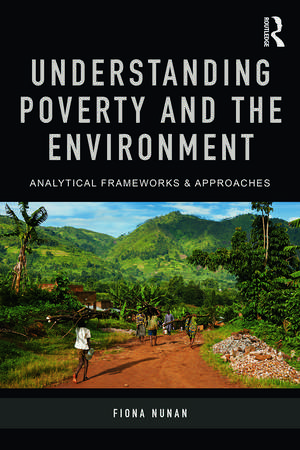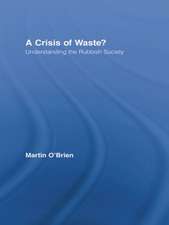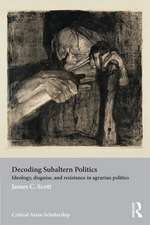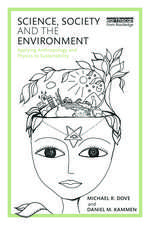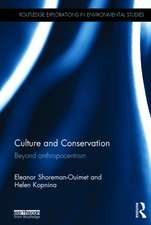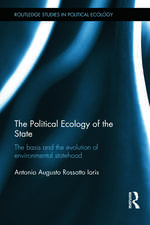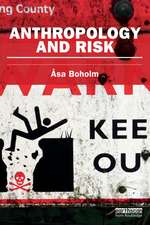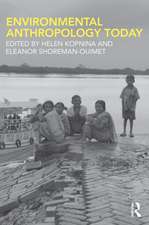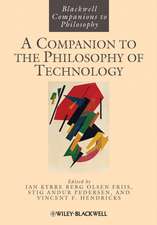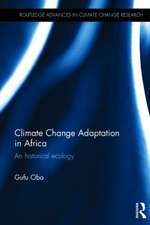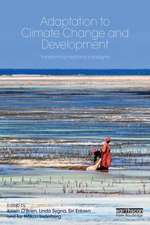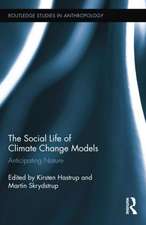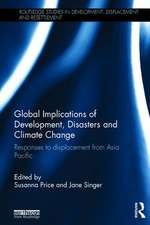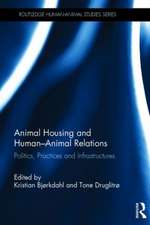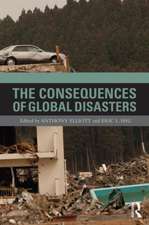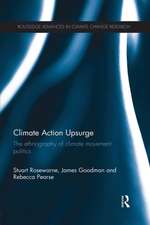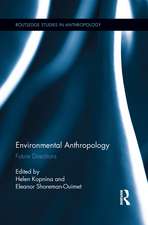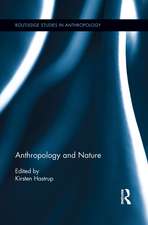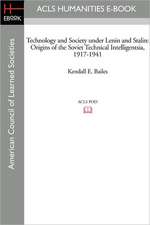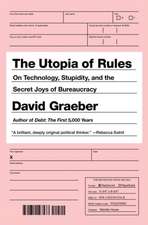Understanding Poverty and the Environment: Analytical frameworks and approaches
Autor Fiona Nunanen Limba Engleză Paperback – 17 mar 2015
Does poverty lead to environmental degradation? Do degraded environments and natural resources lead to poverty? Or, are there other forces at play? Is the relationship between poverty and the environment really as straightforward as the vicious circle portrayal of 'poverty leading to environmental destruction leading to more poverty' would suggest? Does it matter if the relationship is portrayed in this way?
This book suggests that it does matter. Arguing that such a portrayal is unhelpful and misleading, the book brings together a diverse range of analytical frameworks and approaches that can enable a much deeper investigation of the context and nature of poverty-environment relationships. Analytical frameworks and approaches examined in the book include political ecology, a gendered lens, Critical Institutionalism, the Environmental Entitlements framework, the Institutional Analysis and Development approach, the Sustainable Livelihoods Framework, wellbeing analysis, social network analysis and frameworks for the analysis of the governance of natural resources.
Recommended further reading draws on published material from the last thirty years as well as key contemporary publications, giving readers a steer towards essential texts and authors within each subject area. Key themes running through the analytical frameworks and approaches are identified and examined, including power, access, institutions and scale.
| Toate formatele și edițiile | Preț | Express |
|---|---|---|
| Paperback (1) | 495.68 lei 43-57 zile | |
| Taylor & Francis – 17 mar 2015 | 495.68 lei 43-57 zile | |
| Hardback (1) | 1108.37 lei 43-57 zile | |
| Taylor & Francis – 26 mar 2015 | 1108.37 lei 43-57 zile |
Preț: 495.68 lei
Preț vechi: 583.16 lei
-15% Nou
94.88€ • 103.09$ • 79.75£
Carte tipărită la comandă
Livrare economică 21 aprilie-05 mai
Specificații
ISBN-10: 0415707595
Pagini: 220
Ilustrații: 21 black & white illustrations, 18 black & white tables, 21 black & white line drawings
Dimensiuni: 156 x 234 x 12 mm
Greutate: 0.32 kg
Ediția:1
Editura: Taylor & Francis
Colecția Routledge
Locul publicării:Oxford, United Kingdom
Public țintă
Postgraduate and UndergraduateCuprins
Recenzii
Professor Arun Agrawal, School of Natural Resources & Environment, University of Michigan, USA
‘The relations between poverty and environmental change are important but complex. Understanding Poverty and the Environment is an antidote to simplistic assumptions, and a welcome guide to intelligent thinking.’
Professor W.M. Adams, Department of Geography, University of Cambridge, UK
Descriere
Does poverty lead to environmental degradation? Do degraded environments and natural resources lead to poverty? Or, are there other forces at play? Is the relationship between poverty and the environment really as straightforward as the vicious circle portrayal of 'poverty leading to environmental destruction leading to more poverty' would suggest? Does it matter if the relationship is portrayed in this way?
This book suggests that it does matter. Arguing that such a portrayal is unhelpful and misleading, the book brings together a diverse range of analytical frameworks and approaches that can enable a much deeper investigation of the context and nature of poverty-environment relationships. Analytical frameworks and approaches examined in the book include political ecology, a gendered lens, Critical Institutionalism, the Environmental Entitlements framework, the Institutional Analysis and Development approach, the Sustainable Livelihoods Framework, wellbeing analysis, social network analysis and frameworks for the analysis of the governance of natural resources.
Recommended further reading draws on published material from the last thirty years as well as key contemporary publications, giving readers a steer towards essential texts and authors within each subject area. Key themes running through the analytical frameworks and approaches are identified and examined, including power, access, institutions and scale.
